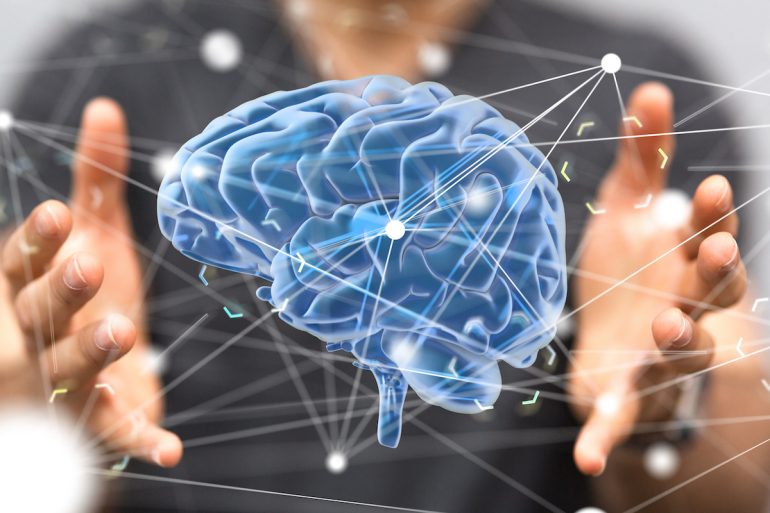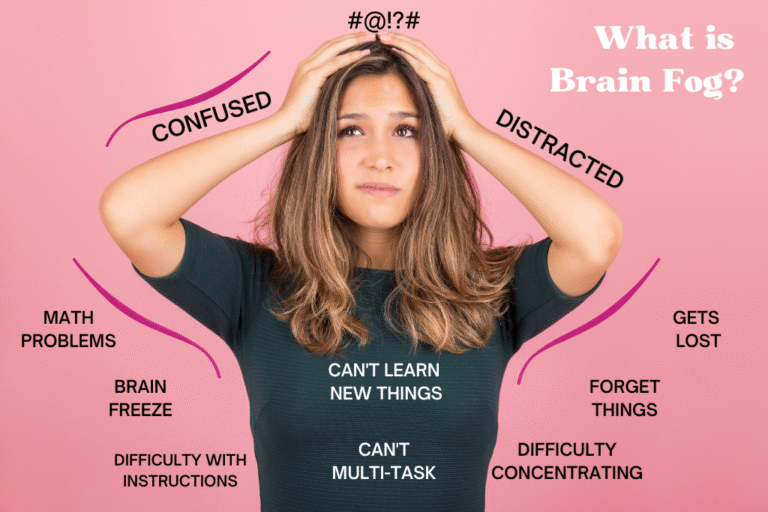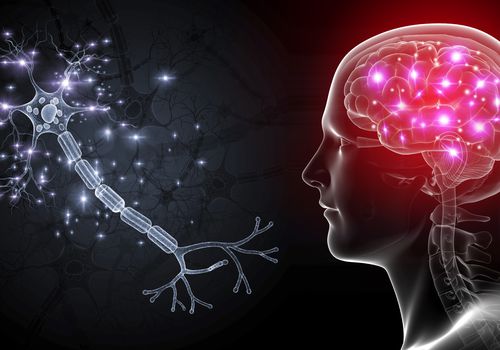Cognitive Therapy After a Kansas City Car Accident: 5 Warning Signs You Shouldn’t Ignore

After a car accident, most people focus on physical injuries—broken bones, whiplash, or bruises. Yet, the invisible effects on your brain can be just as disruptive, especially when concussion symptoms linger. If you’re in Kansas City or nearby communities like Lee’s Summit, Blue Springs, or Overland Park, knowing when to seek cognitive therapy could be the key to a full recovery.
Cognitive therapy is designed to help people rebuild mental skills that may be compromised after a traumatic brain injury. It addresses challenges with attention, memory, organization, and emotional regulation, offering targeted strategies to restore daily function and quality of life.
1. Difficulty Staying Focused
One of the most common post-concussion complaints is trouble concentrating. You may notice:
- Losing track of conversations
- Struggling to finish reading a page or an email
- Feeling easily distracted in meetings or busy environments
These issues can make work, school, or even simple household tasks feel overwhelming. Cognitive therapy uses exercises and techniques to gradually rebuild your ability to focus and filter distractions. Therapists may recommend mindfulness practices, attention training games, and structured routines to help you regain control.
2. Memory Lapses and Forgetfulness
Memory issues after a car accident can show up in many ways:
- Forgetting appointments or important dates
- Misplacing everyday objects like keys or phones
- Difficulty recalling recent events or instructions
This “brain fog” can be frustrating and even impact your independence. Cognitive therapy helps by teaching memory strategies, such as the use of reminders, organizational tools, and repetition exercises. Over time, these approaches can strengthen both short-term and long-term recall.
3. Slower Thinking and Decision-Making
If you feel your mental processing speed has slowed down, you’re not alone. Common signs include:
- Taking longer to solve problems or make decisions
- Needing extra time to understand new information
- Feeling mentally fatigued after routine tasks
Therapists work with patients to improve processing speed using timed exercises, puzzles, and real-life scenarios that encourage quicker thinking. This can help you regain confidence in your ability to handle daily challenges and responsibilities.
4. Challenges with Multitasking and Organization
Managing multiple tasks or keeping track of responsibilities can become much harder after a concussion. You might notice:
- Difficulty switching between activities
- Trouble keeping schedules or to-do lists organized
- Feeling overwhelmed by even minor changes in routine
Cognitive therapy focuses on rebuilding executive function, which includes skills like planning, prioritizing, and shifting attention. Therapists may introduce strategies such as breaking tasks into smaller steps, using calendars or apps for reminders, and practicing flexibility in daily routines.
5. Emotional Changes That Affect Thinking
Brain injuries often impact mood and emotional regulation, which in turn can worsen cognitive symptoms. You may experience:
- Increased anxiety or irritability
- Mood swings or feelings of sadness
- Difficulty managing stress
Addressing emotional health is a vital part of concussion recovery. Cognitive therapy often works alongside counseling or behavioral interventions to help patients develop coping skills, manage stress, and improve emotional resilience. This integrated approach can speed up recovery and make cognitive improvements more sustainable.

How Cognitive Therapy Supports Kansas City Patients
Keystone Medical Group’s concussion specialists, including David Buechner, MD and Managing Director Lance Stevenson, create personalized rehabilitation plans for people recovering from car accidents. The process starts with a thorough assessment of your cognitive strengths and weaknesses. A customized therapy program may include individual or group sessions, computer-based cognitive exercises, and real-world practice. Therapists work with you to set achievable goals and monitor your progress, helping you return to work, school, or daily life with greater independence.
Why Documentation Matters
Keeping a journal of your symptoms, emotional changes, and recovery milestones is highly recommended. This record helps your healthcare team tailor your treatment and may be important if you need extra support or resources after a car accident. Accurate documentation can also be helpful for insurance claims or legal matters related to your injury.
Support for Kansas City Residents
Recovering from a concussion takes time and the right support. Cognitive therapy offers hope for those struggling with symptoms that are not always visible. Keystone Medical Group is dedicated to guiding Kansas City residents through every step of the recovery process. If you notice these signs in yourself or someone you care about, consider seeking a comprehensive evaluation and rehabilitation plan.
Disclaimer
This blog is for informational purposes only and does not replace professional medical advice. If you have experienced a concussion or other injury, please consult a qualified healthcare provider.
References
We are Experts in Accident Care

Car Accidents
We specialize in treating a range of injuries caused by car accidents, including whiplash, head injuries, lower back pain, shoulder injuries, and spinal injuries resulting from motor vehicle collisions.

Motorcycle Accidents
We offer a specialized network comprising imaging centers, orthopedic surgeons, and other specialists, particularly for cases involving more severe injuries.

Truck Accidents
In the event of truck accidents where insurance coverage falls short for medical expenses, we can connect you with appropriate legal representation tailored to your specific circumstances.

Work Accidents
Our established treatment protocol for injuries is designed to expedite your recovery, ensuring you return to full capacity as soon as possible, minimizing any work disruptions.

Slip and Fall
Slip and fall cases can be complex, especially when disputes arise concerning liability and coverage. Rest assured, we are well-versed in navigating these intricacies to ensure your case is handled with expertise and diligence.









